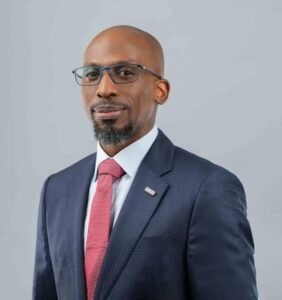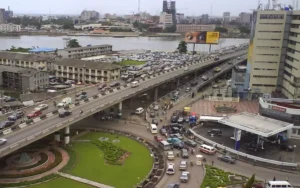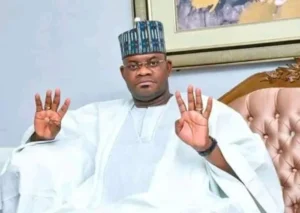. LASG commissioner insists tech key to state’s smart city project
THOUGH the average global technology startup ecosystem is valued at $28.6 billion, Lagos, which represents Nigeria, is valued at $9 billion and far ahead of cities including Cape Town (South Africa) $2.8 billion; Nairobi (Kenya) $2 billion; Johannesburg (South Africa) $962 million and Accra (Ghana) $259 million.
This was contained in the 382-page Global Startup Ecosystem Report 2022, which also disclosed that the early-stage funding scene by Lagos from 2019 to 2021 was $529 million against a global average of $687 million. The state also earned $1.8 billion in Venture Capital (VC) funding between 2017 and 2021. It takes between 6.3 years for a startup to exit the stage as a startup as against 9.4 years global average.
The report claimed that the young, tech-savvy market and dedicated startup support were major strengths of the Lagos ecosystem, with leading players including Flutterwave, and Opay, among others.
For Cape Town, early-stage funding between 2019 and 2021 was put at $204 million against $687 million global average. The total VC fund was $722 million, while the time to exit (2017 to 2021) was 10.1 years against 9.4 years. Cape Town gained traction because of its business-friendly environment; low cost of living and key economic zones.
For Nairobi, the early-stage funding was $180 million against $687 million global average, while the VC funding was $180 million and the time to exit was between 7.3 years against the 9.4 years global average. Nairobi attracts startups because of its expat-friendly environment and startup support.
The total early-stage funding that came to Johannesburg was $77 million, while $341 million was seen as VC with the time to exit between 2017 and 2021 being 10.7 years against 9.4 years. Johannesburg attracted startups because of entrepreneurial talent and access to funding
In Accra, early-stage funding was $21 million against a global average of $687 million, while VC was $132 million and the time to exit was 4.5 years against 9.4 years. The attraction of Ghana, according to the report, was access to talent and infrastructure.
The report disclosed that the same five ecosystems remain at the top of the ranking in 2020 and 2021, but Beijing has dropped one place, with Boston taking its former place at #4. Silicon Valley is #1, followed by New York City and London tied at #2, Boston at #4, and Beijing at #5.
It explained that Seoul entered the global top 10 ecosystems for the first time, up to six places from #16 in 2021 and #20 in 2020. The report revealed that 540 companies achieved unicorn status in 2021, up from 150 in 2020.
MEANWHILE, the Lagos State Commissioner for Science and Technology, Hakeem Fahm, has said that the State Government administration’s plan to fully transform the state into a smart city and make its economy 21st century compliant is fully on course.
Fahm said that the ongoing laying of 3,000 km fibre metro network cables and broadband infrastructure across the state, is part of the comprehensive Smart City programme of the government aimed at driving Lagos into a 24-hour economy, adding that technology is key to the Smart City project of the State.
He added that the State has implemented over 2,800km of 3,000km of Fibre Metro Network in Phase I of the Unified Duct project, noting that the broadband infrastructure rollout is to enable rapidity in commercial activities, government services, social connectivity and technological development through the provision of Internet access.
The commissioner disclosed that in Lagos State, the Babajide Sanwo-Olu-led government is keen on making Lagos the citadel of the digital enterprise, a fertile market for imperial investment and an urban hub of innovation and commerce.
‘The high-speed Internet connectivity that will come from the metro-network cables would be used at homes, schools, healthcare facilities and Government offices for improved service delivery. The infrastructure would also boost e-commerce activities and empower innovation start-ups’, Fahm noted.
He added that the project will enable the Telecom companies to rapidly expand mobile services in Lagos and provide a more efficient, fast and affordable broadband connectivity in the State.
Fahm said the unified duct project will serve as a natural distribution of infrastructure for broadband capacity all over Lagos, thus becoming the technology pillar of the State Government’s THEMES agenda.






